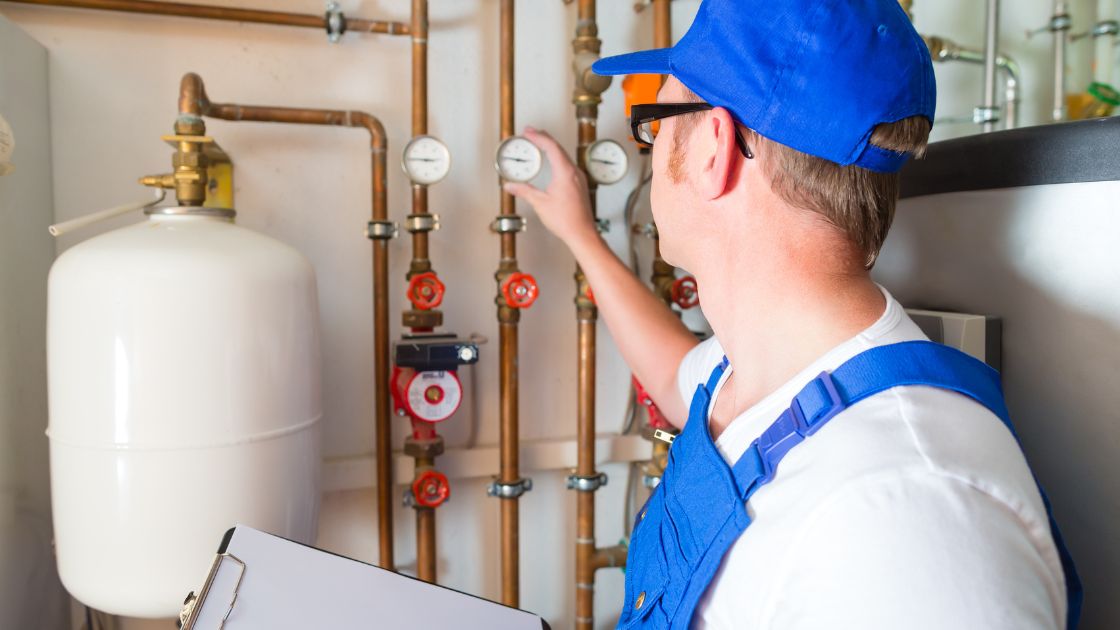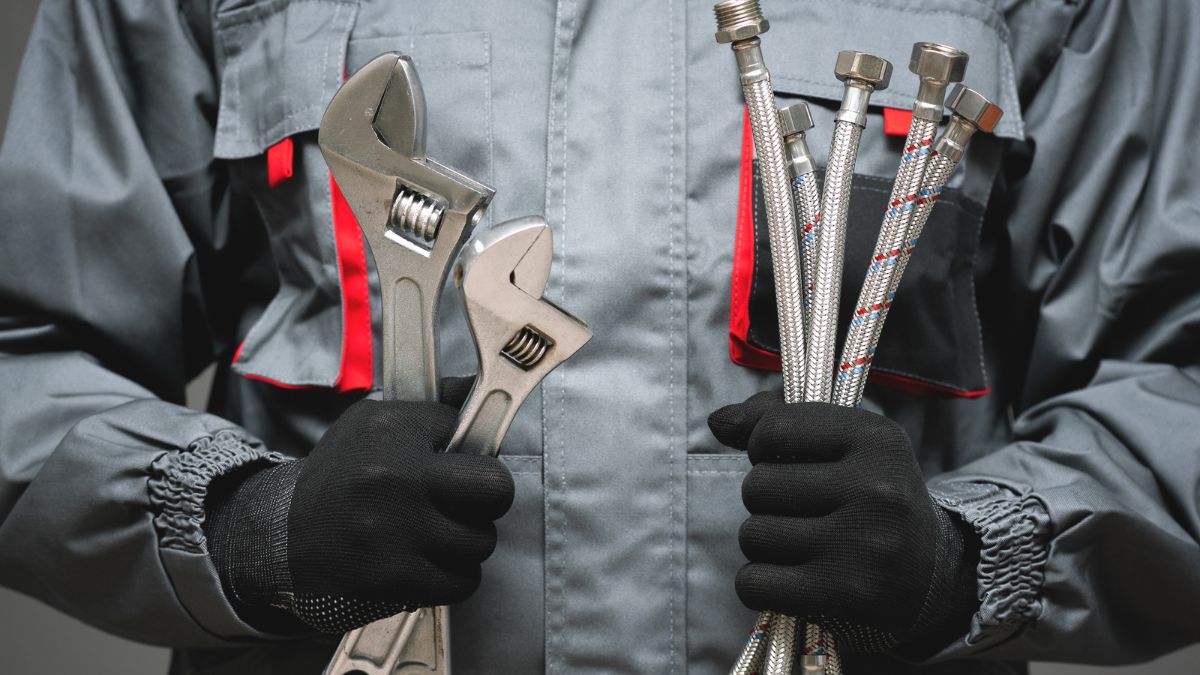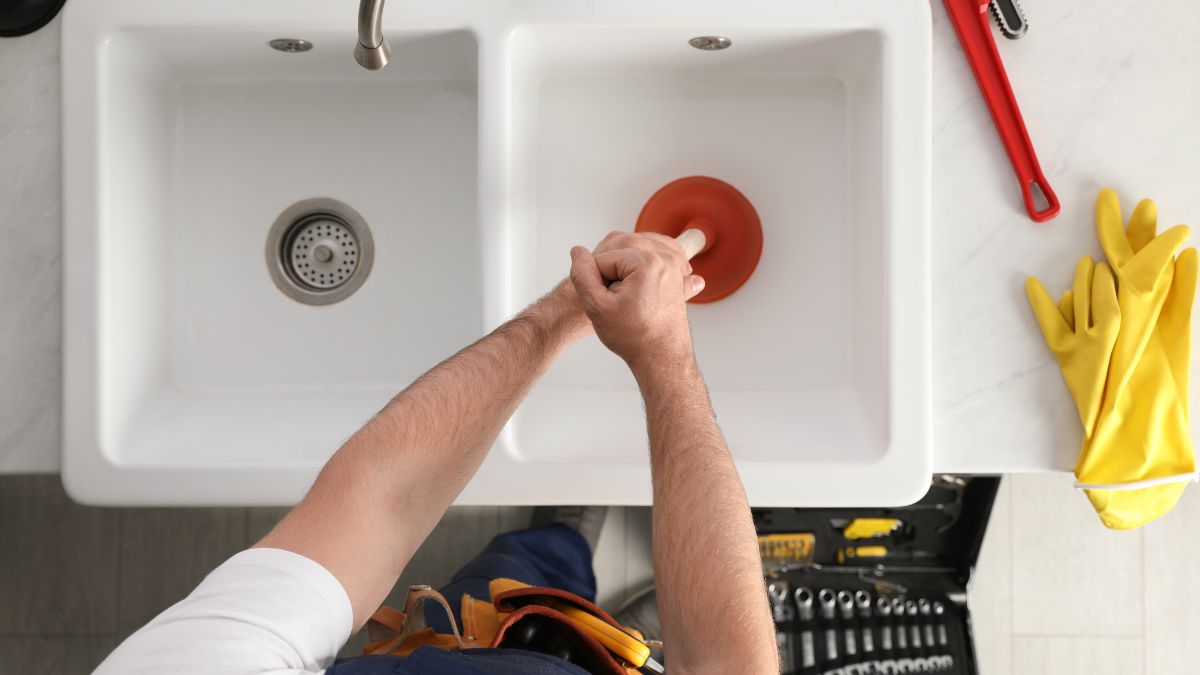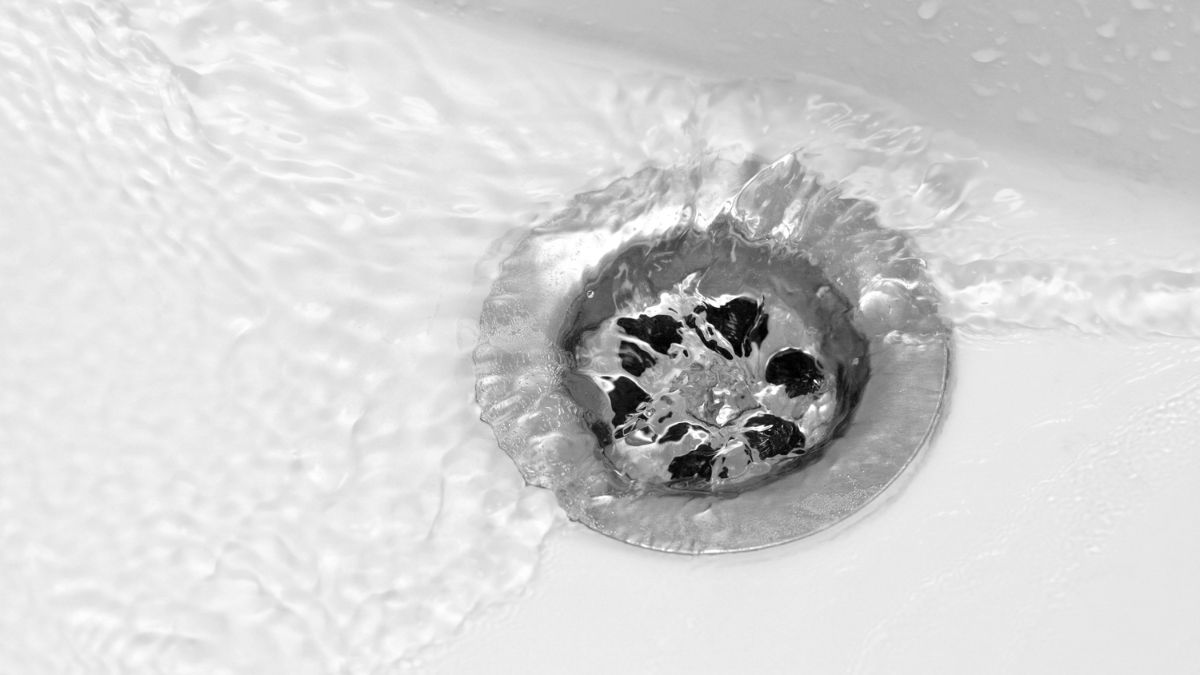How Much Does a Hot Water System Cost?
Are you looking to install or replace your hot water system? With various types of systems available, it’s normal to have questions about hot water system costs and finding the best option for your home and budget. This guide breaks down the pricing for different hot water heaters so you can make an informed decision.
Hot Water System Installation Costs & Pricing
The cost of a new hot water system depends on the type, size, brand, and features. Prices typically range from $1,000 to $5,000 installed. The main factors that affect hot water system costs include:
Type of Hot Water System
The type of system impacts the installation and running costs. Here’s an overview of price ranges for common types:
- Electric storage: $1,000 – $1,800
- Gas storage: $1,200 – $2,000
- Instant gas: $1,500 – $2,500
- Solar with electric boosting: $4,000 – $6,000
- Heat pump: $2,000 – $4,000
Electric and gas storage systems tend to have lower upfront costs but higher running costs. Instant gas, solar, and heat pump systems cost more initially but have lower operating expenses.
Size of the System
Larger systems that hold more hot water cost more. An average family-sized storage tank is 160L – 250L and costs $1,200 – $1,800 installed. Systems above 400L usually cost over $2,500 installed.
Brand
Reputable brands like Rheem, Rinnai, and Bosch cost more than lesser-known brands. You’re paying for quality components that last longer.
Additional Features
Features like WiFi connectivity, timers, higher energy ratings, and touch screens add to the overall system cost. Basic models start under $1,000, while premium models with extra features can cost over $4,000.
Accessibility
If the install location is tricky to access, extra labour and equipment may be needed which adds cost. An easy-to-access ground floor location starts around $1,000, while a difficult roof-top install might start around $1,600.
Steps for Calculating the Price of a Hot Water System
Determining the right hot water system and price for your home involves a few key steps:
Estimate Your Hot Water Usage
Consider how many people are in the household and your peak usage times. A family of 4 needs 160L – 250L.
Choose Fuel Type
Electric, gas, solar, or heat pump? The fuel type affects operating costs over time.
Select System Type
Storage tank, instant/continuous flow, or heat pump. Different types have pros and cons.
Determine Size
Choose the appropriate tank size based on daily hot water usage. Too small leads to shortages.
Get Multiple Quotes
Get quotes from at least 3 local plumbers. Compare prices and warranties.
Factor in Rebates
Check for government rebates which help offset the upfront cost.
Consider Lifespan Costs
Weigh up the installation cost plus projected operating costs over 10+ years.
Hot Water System Cost Considerations
Beyond just the system and installation costs, there are a few other factors that impact your total expense:
Energy Costs
The ongoing cost of electricity or gas needs to be budgeted for. Solar and heat pump systems use less energy.
Maintenance
Systems need regular servicing, flushing, and occasional repairs which add up over time.
Disposal Fees
Your old water heater and parts have to be removed and disposed of properly for around $150 – $300.
Delivery Fees
If you buy the unit yourself, delivery fees apply. Going through a plumber often includes free delivery.
By weighing up these aspects, you can get an accurate idea of the total lifecycle cost and find the most cost-effective option. We recommend getting professional advice from a trusted plumber.
Finding the Best System Within Your Budget
Installing a new hot water system is a big investment. While cheaper units are appealing, quality should be the priority when making this essential purchase.
- For a reliable electric storage tank, expect to pay around $1,500 – $2,000 installed
- A good gas storage system will cost around $1,800 – $2,500 installed
- Top of the line continuous gas systems cost $2,000 – $3,500 installed
- A value-for-money heat pump starts around $2,500 – $3,500
To save on costs, look out for:
- Special deals from plumbing companies
- Government rebates up to $1,000 off
- Buying during sales like Boxing Day
- Avoiding expensive premium features
Installing an affordable yet durable hot water system allows you to enjoy years of hot showers without breaking the bank. Contact a professional plumber today to discuss the options suited to your home and budget.
For a free quote on a new hot water system installation or replacement, contact The Plumbing Life Saver at 0448 669 938.



